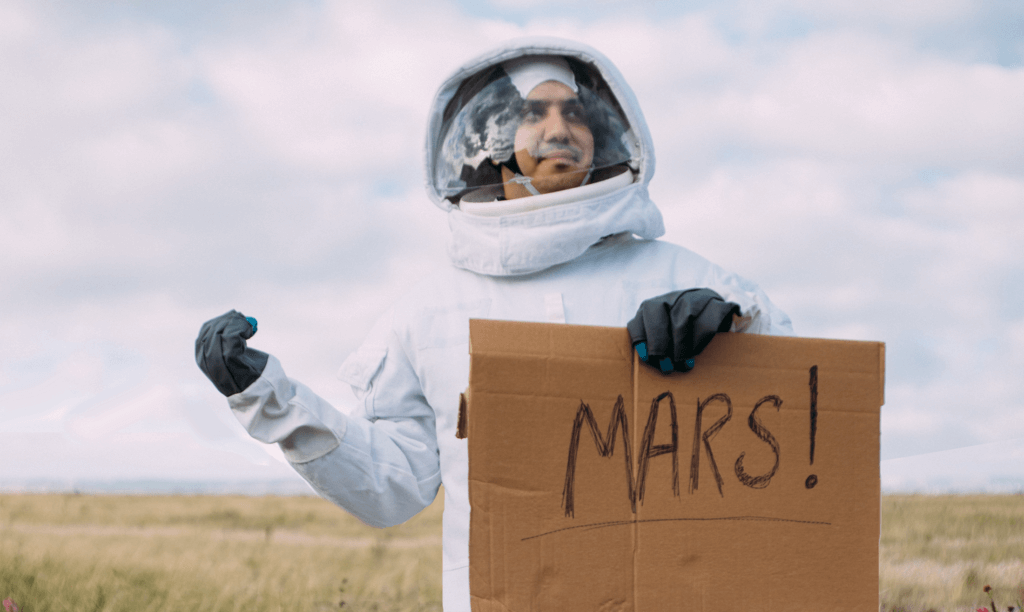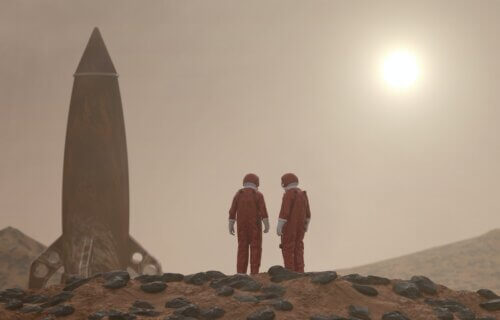FAIRFAX, Va. — Researchers are using computer simulations to determine the optimal conditions for a human settlement on Mars. A team at George Mason University focused on both the number of colonizers and their personality types, arriving at the answer that it would take just 22 people to establish a colony on the Red Planet.
According to the simulations, which span up to 28 Earth years, an initial group of 22 is the minimum required to establish a sustainable colony on Mars. The study delves into more than just logistical concerns; it specifically evaluates how different personality traits would fare in such a challenging environment. In their study, the researchers concluded that agreeable personality types were the most enduring in the long term, while neurotics showed the least capacity for adaptation.
The study relies on Agent-Based Modeling (ABM) simulations to analyze human behavioral patterns. This methodology allows researchers to identify crucial planning considerations and to determine the minimum number of individuals needed to establish a sustainable settlement. While the technical and engineering hurdles are significant, future colonists will also face psychological and behavioral challenges.
“Establishing a human settlement on Mars is an incredibly complex engineering problem. The inhospitable nature of the Martian environment requires any habitat to be largely self-sustaining. Beyond mining a few basic minerals and water, the colonizers will be dependent on Earth resupply and replenishment of necessities via technological means, i.e., splitting Martian water into oxygen for breathing and hydrogen for fuel,” the team writes in a paper still awaiting peer-review.

The project also considers engineering and technological limitations by referencing studies on high-performing teams in isolated, high-stress conditions, such as those on submarines, in Arctic exploration, on the International Space Station, and in wartime. The team applied four basic personality types — neurotic, reactive, social, and agreeable — to the settlers in their ABM simulations.
The study models interactions between colonizers with varying psychological profiles at the individual level. Meanwhile, it also simulates how global events, like accidents or delays in Earth’s resupply missions, would affect the colony as a whole. The findings suggest that a sustainable settlement can be established with a population size in the dozens, rather than the hundreds.
“The main focus is on the personality types of colonists selected and how they perform throughout their time on Mars, using their skills to mine minerals and react to random resupply shuttle accidents or habitat disasters. The stress caused by accidents, as well as from interacting with other colonists, takes a toll and Agreeable personality types were assessed to be the most enduring for the long term, whereas neurotics showed least adaptation capacity,” the researchers write.
South West News Service writer Dean Murray contributed to this report.

